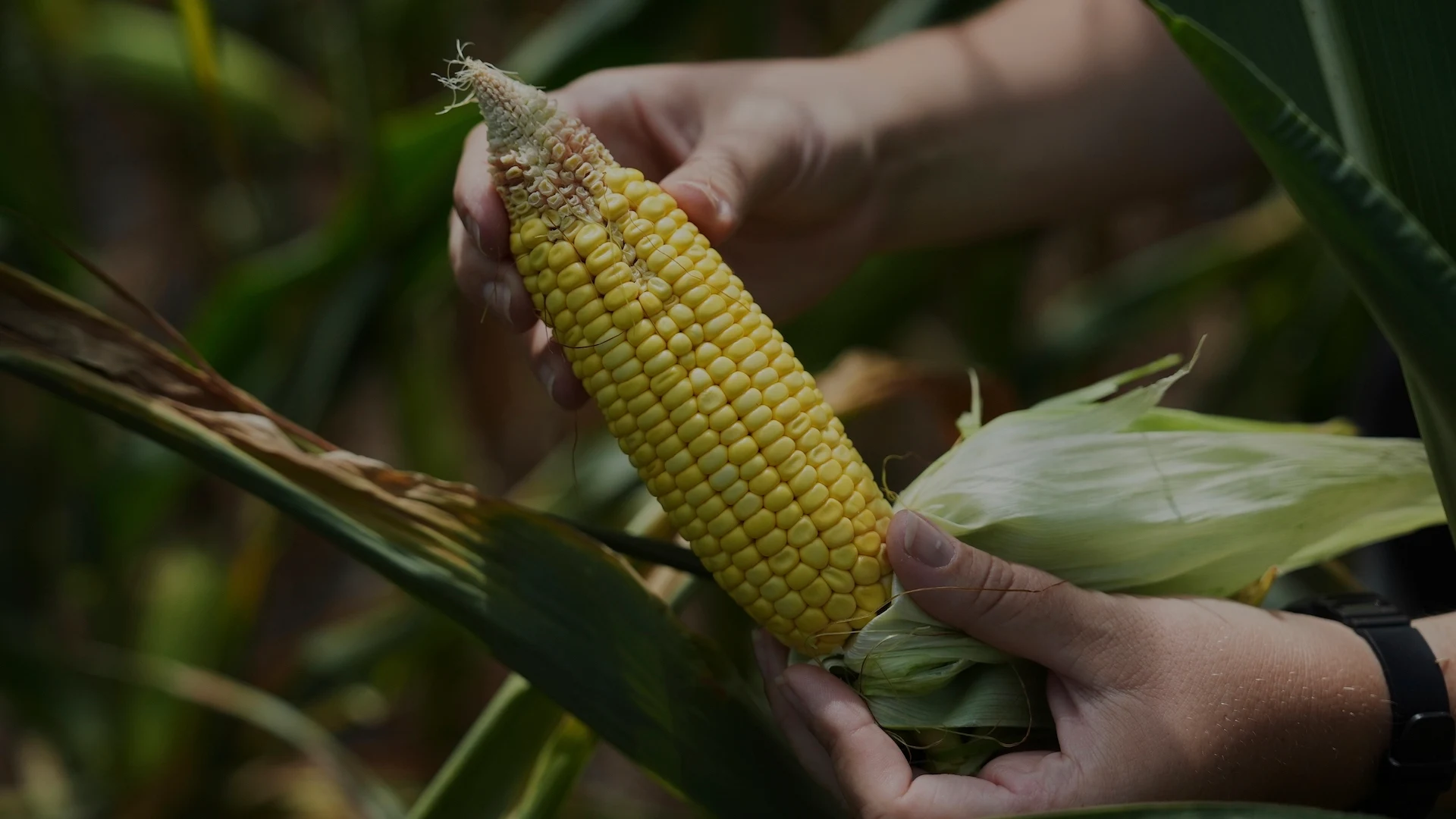
""It's almost kind of depressing to go out there and look at it and say, 'oh yep, it does look bad,'" he said."
""The hot nights too, like the corn's never getting a break. It's just hot all the time," Rynd said. "I know it's wearing on me.""
Rynd and his brother manage just over 200 acres of corn, soybeans, wheat, and sorghum and have been monitoring crop conditions closely. Consistently high summer overnight temperatures, droughts, and heavy rains at critical times can disrupt corn pollination, reduce kernel set, and make yields uncertain. Climate Central finds that human-caused climate change has worsened multiple U.S. extreme heat events and increased the likelihood of hotter overnight temperatures since 1970. Some regions benefited from favorable late-season weather producing a predicted bumper crop, but extreme weather episodes intensify the risk that each ear and kernel will matter for farm income.
Read at Fast Company
Unable to calculate read time
Collection
[
|
...
]